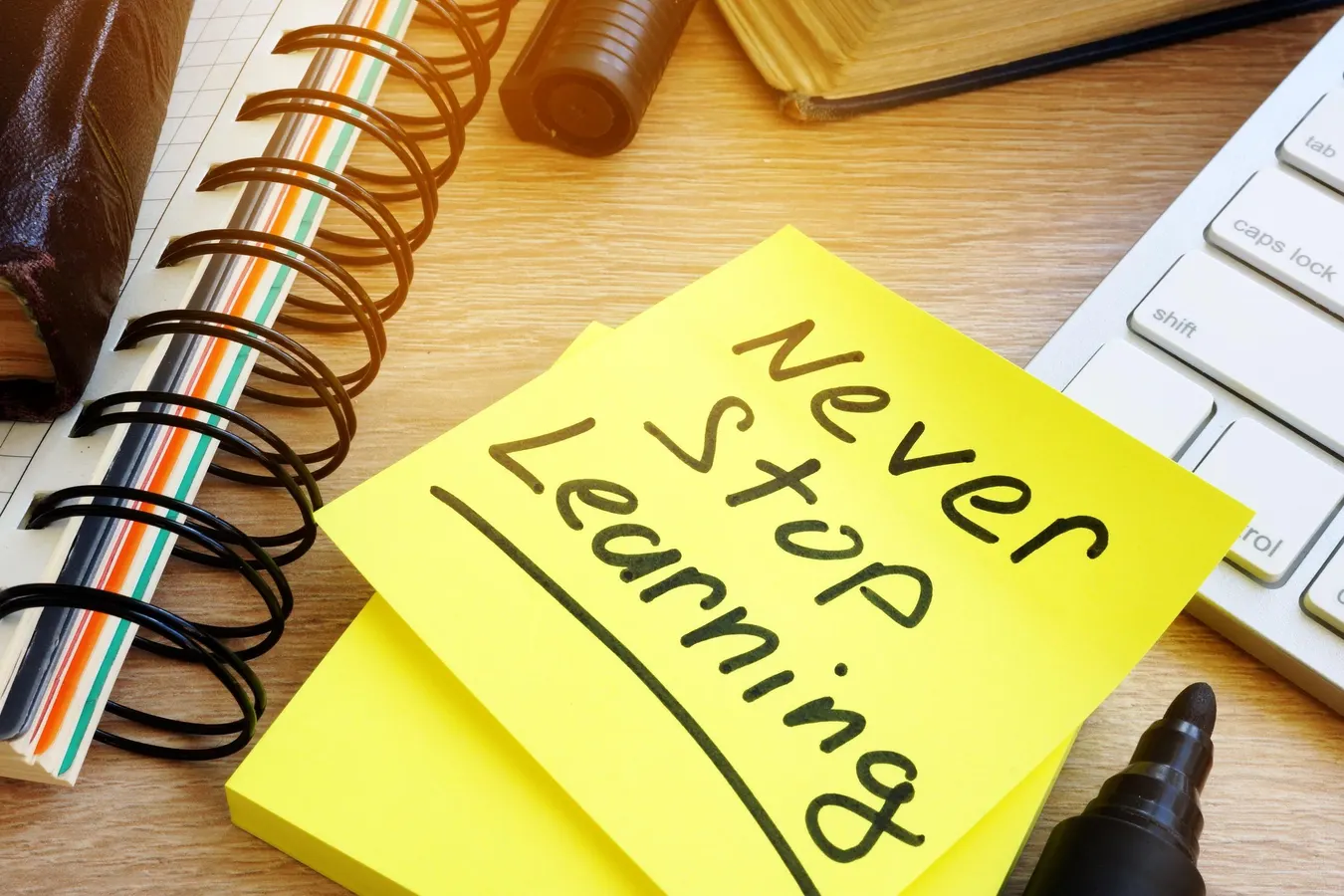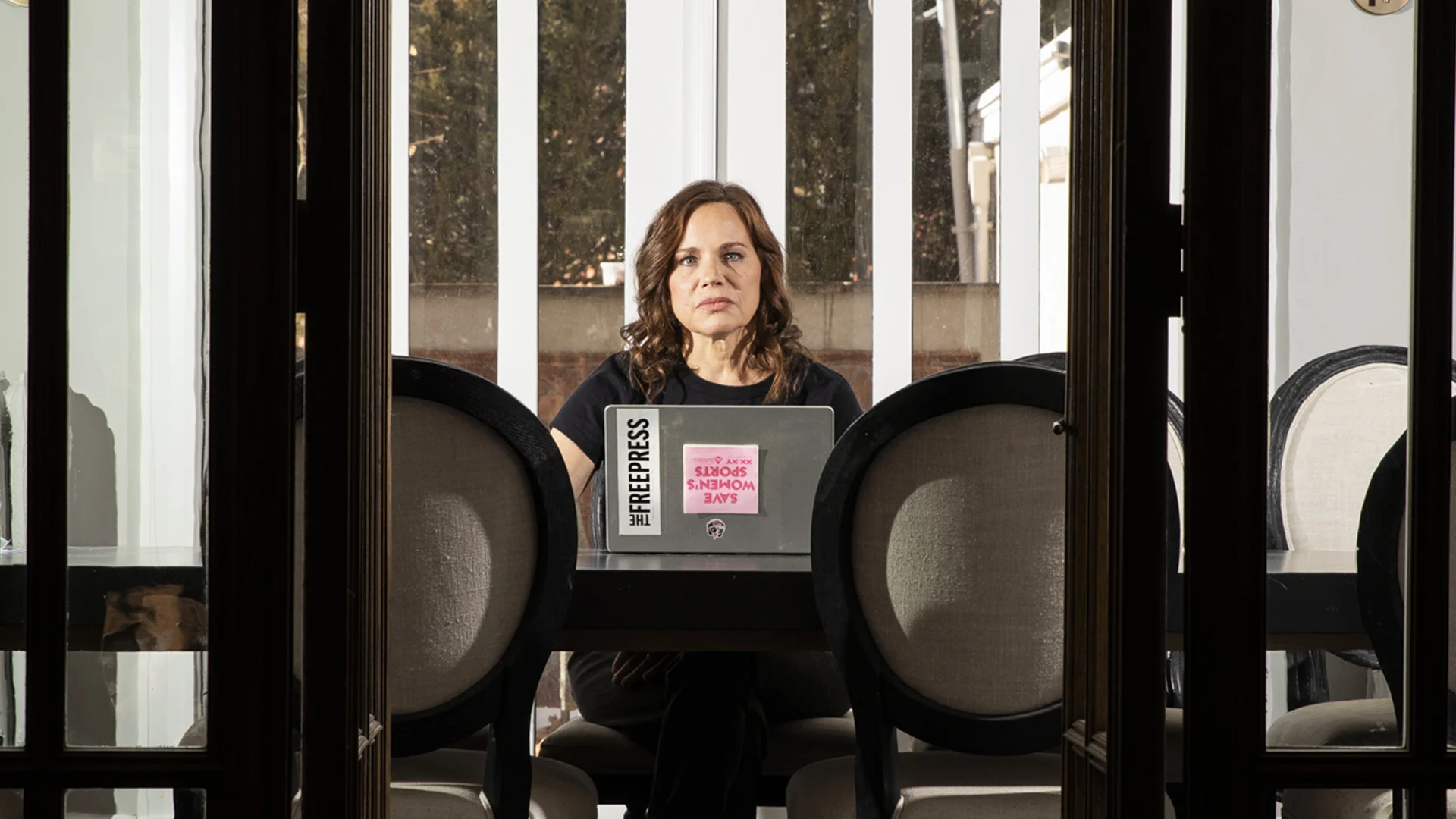Copyright forbes

The personal curriculum trend is all about self-determination and curiosity, both of which can be found long after high school and college. It’s almost time for fall break for students in the United States, but for some, October and November are providing the perfect seasonal setting for reinvigorating an educational mindset beyond the traditional classroom walls. The trend, now all over TikTok and Instagram, is called “personal curriculum,” and it is exactly what it sounds like. Adults, many of whom in the Gen Z and Millennial categories who have already graduated college or post-secondary education, have been itching to get back to the books and learn a new subject on their own time. However, enrolling in a degree program can be extremely expensive; according to the US News and World Report it can average between $11,371 and $25,415 per year. “The average in-state cost of tuition and fees to attend a ranked public college is nearly 75% less than the average sticker price at a private college, at $11,371 for the 2025-2026 year compared with $44,961, respectively,” reads the US News and World Report article from September of this year. “The average cost for out-of-state students at public colleges comes to $25,415 for the same year.” Because of this, the trend of personal curriculum is far more attainable, with many participants leveraging free resources like library books, podcasts, YouTube videos and e-learning courses to plan their lessons. TikTok user queenragmar is one of these digital pupils, currently detailing her self-guided physics lessons on social media to the delight of more than 32 thousand followers and counting. Like a college class, she creates a lesson plan, curriculum and even incorporates some testing and a final project to prove her mastery of the subject. One of her current topic is physics, which many would deem a pretty complex course, but the way she breaks it down via a combination of books and internet research makes it digestible for an adult learner outside of a classroom. Another creator, Mia’s Digital Diary, has also taken note of this trend and took to her YouTube channel to explain how she makes a curriculum. The video currently has more than 220 thousand views, as well as inspiring comments from those that are on their own self-learning journey. She credits creator Elizabeth Jean, or xparmesanprincessx on TikTok, as the pioneer of this trend during the history portion of the video, and then goes on to explain how to actually create your own personal curriculum for yourself, should anyone like to learn a new skill or subject this fall. To summarize her steps, choose a time period in which to base the studies, either monthly or quarterly, to set expectations for yourself. Then, make a list of everything you’ve ever wanted to learn more about and then make note of which of these would translate well into an actual subject of study. She calls this a “brain dump” and used the app Notion for keeping track. Lastly, you have to find which resources you need to accomplish this learning. This final step can be tricky outside of a formal education setting, as typically the teacher would have a syllabus with books, lectures and worksheets provided to you on a silver platter. For self-guided learning, you may need to dig around, but for the most part the two genres of materials fell into books and videos. Many of these are completely free to access via a physical library or apps like Libby for books and then sites like YouTube or edX for videos. Mia’s Digital Diary also suggested Google and Reddit for advice here, to help narrow down a search for the perfect book or video in a sea of so many choices. No matter what you pick to study, the final element is actually doing it. Since there is no professor handing out grades or classmates to keep you accountable, this may be the hardest part. Some ideas for success here are to keep a detailed progress log, creating assessments, like in the case of the two creators mentioned above, or you could even loop in a friend to help keep your pace. This wouldn’t be as “personal” as the trend intends, but it is certainly a great way to keep learning new subjects post-grad in a fun and motivating way. MORE FROM FORBES ForbesLuk Chup Are The Adorable, Tiny Thai Desserts You Need To Know AboutBy Sophie Liza CannonForbesBeyond The Beat Drop: Visual, Digital And Performance Art At EDM FestivalsBy Sophie Liza CannonForbesThese Live Fashion Illustrators Can Capture An Outfit In Mere MinutesBy Sophie Liza CannonForbesPress-On Nails Are Actually Tiny, Wearable Art Galleries To These ArtistsBy Sophie Liza Cannon Editorial StandardsReprints & Permissions



